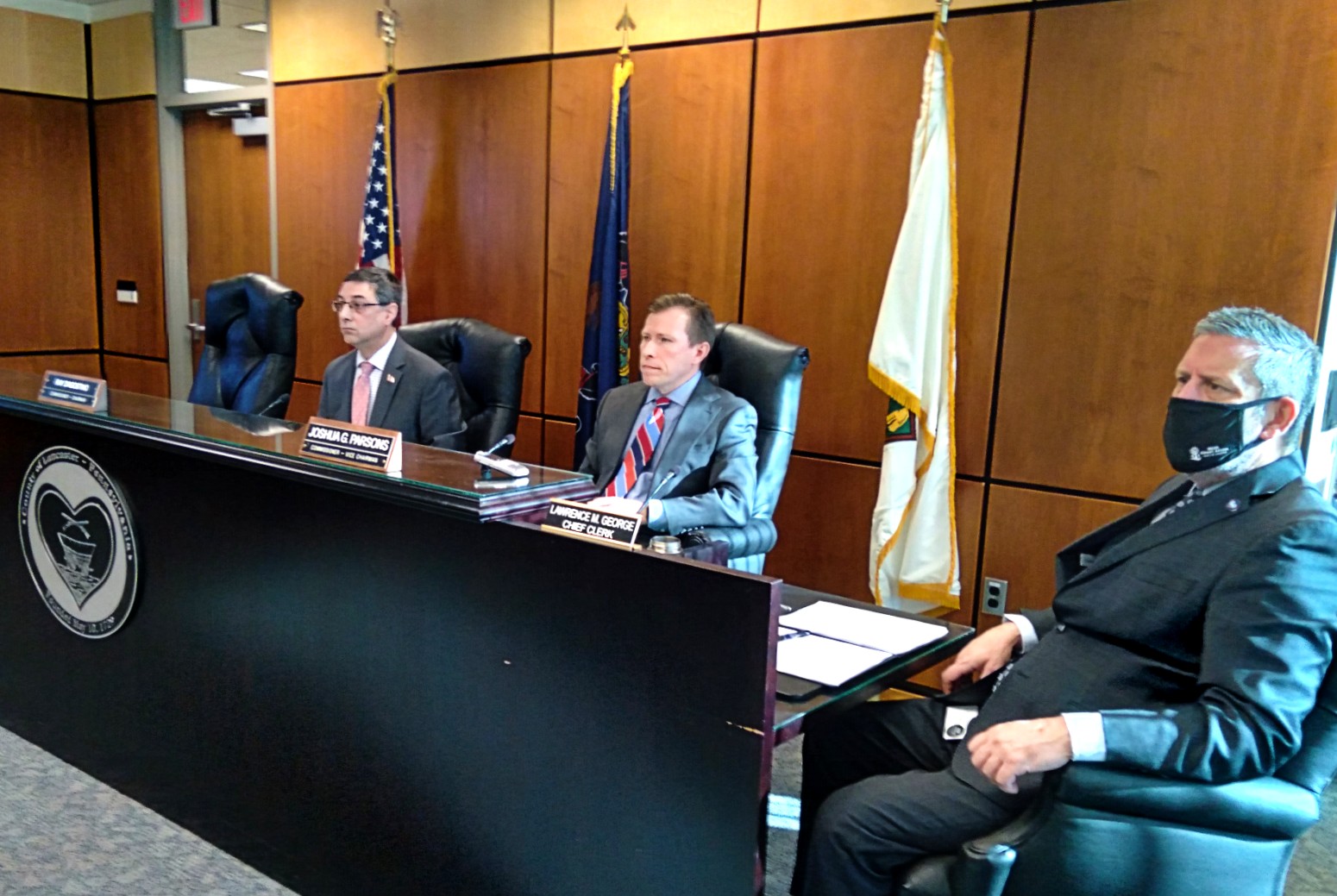
The county's expected payment this month of $3 million for a new prison site will mark the first disbursement from its new Capital Improvement Fund.
Approved by the commissioners last week, the fund is a way for county administrators and the commissioners to earmark a portion of reserves for construction and repair of infrastructure.
An accompanying capital improvement plan provides a framework for planning and budgeting. The plan and an initial project list are available on the county website.
The plan provides for a Capital Improvement Committee, made up of senior county staff involved in finance, budgeting and facilities management; and includes a scoring system for prioritizing projects.
On Wednesday, the commissioners signed off on the plan and authorized a transfer of $13.3 million from the county's reserves to the Capital Improvement Fund to get the latter up and running. Further transfers can be made annually, and at other times as appropriate.
"It's about tracking projects better," said Commissioner Josh Parsons. "It's an accounting method." He noted that capital improvement money can be moved back to general reserves if needed.
The plan specifies that the general fund balance will be kept at a level equal to 25% or more of the county's annual general fund revenues, a standard considered appropriate by ratings agencies and government finance organizations.
Parsons said he would strongly oppose any proposal to draw reserves down to that 25% minimum, instead calling for maintaining a healthy buffer above it.





